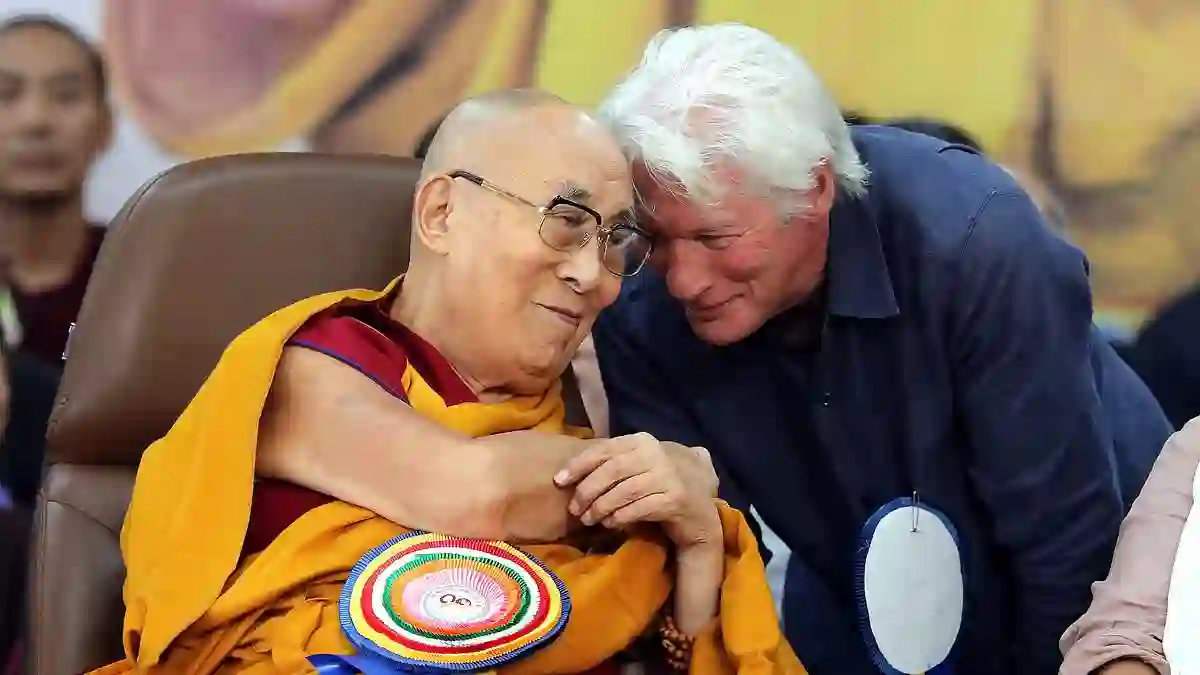Ever wondered what kind of financial interests your local MP holds outside of their government salary? Well, you’re in luck—or at least, you’re now informed.
South Africa’s Parliament has just rolled out its 2025 Register of Members’ Financial Interests, giving the public a clear look into the personal financial affairs, business ties, travel perks, and property holdings of all sitting MPs.
It’s part of a larger effort to build trust, keep leaders accountable, and ensure decisions made in Parliament aren’t secretly boosting someone’s bank account on the side.
Why MPs Have to Declare These Interests
According to the rules, Members of Parliament are required to disclose all sorts of things beyond their paycheck. That includes:
-
Any shares or investments they hold
-
Paid gigs outside Parliament—think consulting, directorships, or other jobs
-
Gifts, perks, or travel paid for by others
-
Property or land they own (especially if it earns rental income)
-
And yes, even interest-free loans
This isn’t just for show. The idea is to shine a light on anything that might create a conflict between their personal interests and their public duties.
The Goal Behind the Register
This register serves a few purposes:
-
It lets the public hold MPs accountable
-
It keeps policymaking clean and free from financial bias
-
It creates a culture of transparency in public service
Ethics committees within Parliament will also comb through these disclosures to check for anything dodgy or missing.
If an MP tries to hide something, it could trigger an investigation—or worse.
Want to See It for Yourself?
Good news. The register isn’t locked away in some dusty archive. It’s available to everyone on Parliament’s website and at official terminals in Parliamentary buildings. Journalists, watchdogs, and citizens alike are encouraged to dig into the details.
And if you’re into politics or just want to know who’s holding what behind the scenes, this register is an incredibly useful tool.
Spotlight on Gayton McKenzie’s Declaration
Now let’s zoom in on one of the more interesting entries—Gayton McKenzie, the Patriotic Alliance leader and South Africa’s Minister of Sports, Arts and Culture.
McKenzie, who is one of 10 PA MPs, had a surprisingly short declaration.
In fact, he listed no shares, no extra jobs, no consulting gigs, and no international travel, despite being frequently abroad.
He did declare three gifts and a single residential property.
Here’s what he disclosed:
Gifts and Hospitality
-
HONOR Magic V2 smartphone, worth R37,999, from HONOR Device Co. Ltd in China
-
Teacup and saucer, valued at R6,093, from Russia’s Cultural Ministry
-
Framed gold-foiled artwork, value still being appraised, from India’s Cultural Minister in Brazil
Property Holdings
-
One residential property in Kraaifontein, Cape Town, spanning 1,487 square metres
And that’s it—no pensions, no trusts, no rental income, no free trips, and no financial interests in companies.
A Step Toward Accountability
The release of this register isn’t just a paperwork exercise.
It’s part of a bigger vision to reinforce transparency and ethical governance in South Africa.
Last Friday, the Joint Committee on Ethics and Members’ Interests officially adopted the 2025 Register under Item 12 of the Code of Ethical Conduct.
This register is the second since the 2024 General Elections and reflects a new paperless, streamlined system introduced to make disclosures easier for MPs and more accessible to the public.
100% Compliance From Parliament
In an impressive turn, every single Member of Parliament submitted their declarations on time. No late entries. The ethics committee even applauded the full compliance rate—a rare win for Parliament’s accountability efforts.
Also, the register includes both public and confidential sections, with the public section now open for scrutiny.
So What Does It All Mean?
The bottom line is this: the Register of Interests is one of South Africa’s strongest tools in keeping elected officials honest and aligned with the people they serve.
Whether you’re a concerned citizen, a curious voter, or a political journalist, this is your chance to examine the balance between public service and private gain.

